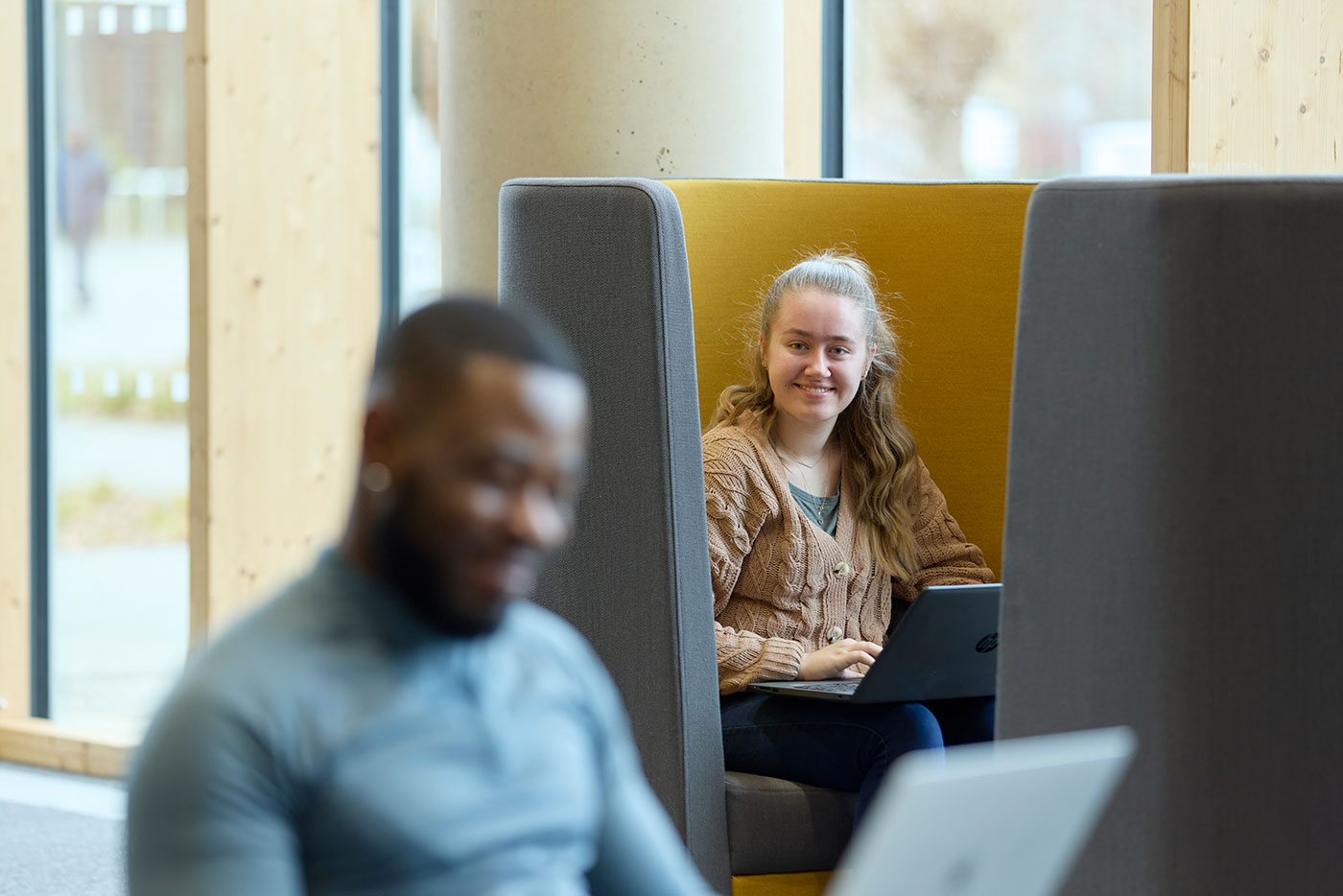Active digital education for inclusive pedagogies
Date 15 February 2024
15.02.2024Exploring a range of examples of Active Digital Education: remaking and reconceptualising digital artefacts, enhancing student skills through personal and collective collaboration

CADE centre co-leads Dr Emma Whewell (Associate Professor in Learning and Teaching) and Dr Helen Caldwell (Associate Professor in Education) delivered a keynote to staff at University of Wales Trinity Saint David to support their staff development input on inclusion.
Introduction
Active Digital Education (ADE) is a pedagogical approach that champions increased student autonomy and engagement, fostering an environment where cross-pollination of ideas thrives. The keynote drew upon the theoretical framework of Universal Design for Learning Framework, UDL thinking can complement ADE, enhancing inclusivity by designing or modifying learning for a diverse range of students. The UDL framework prioritises multiple engagement opportunities, diverse representation, and varied expression methods to cater to individual needs and preferences. (CAST, 2018)
Our presentation explored a range of examples of ADE: remaking and reconceptualising digital artefacts, enhancing student skills through personal and collective collaboration, working collaboratively online, building skills using simulation and finishing with a student’s perspective on SDE.
Recommendations for ADE Implementation
ADE can acknowledge the dynamic process of active and creative social learning leading to collective knowledge-building. ADE’s strength lies in facilitating interactions that contribute to shared understanding and growth. ADE can support inclusive pedagogies by embracing technology tools which support multimodal responses and foster inclusivity. Tools which allow for diverse responses and remixing of content within a group amplifies learning experiences and accommodates different learning needs.
Conclusion
In conclusion, this keynote highlighted the transformative potential of ADE through a real-world examples, emphasising its capacity to enhance engagement, autonomy, and inclusivity. The combination of ADE and UDL emerges as a powerful strategy, offering diverse opportunities for learners and promoting a collaborative learning environment.

Associate Professor Dr Emma Whewell
Emma Whewell is an Associate Professor in Learning and Teaching at the University of Northampton where she is a specialist in digital pedagogies and inclusive practices. Emma is Co-Lead for the Centre for Active Digital Education- which is a multi-disciplinary research centre that recognises the use of digital technologies in higher education and emphasises active participation, social inclusion, and collaborative innovation. Emma’s research centres around, teacher training, mentoring, identity, digital pedagogies and access and participation.
Associate Professor Dr Helen Caldwell
Dr Helen Caldwell is an Associate Professor at the University of Northampton where she is a specialist in educational technology, teacher education and online learning. She is an Apple Distinguished Educator and a Executive Officer for the subject association Technology and Pedagogy in Education Association (TPEA). She co-leads the Centre for Active Digital Education. Helen’s research interests include social online learning, social innovation education and the use of immersive technologies for teaching and learning.